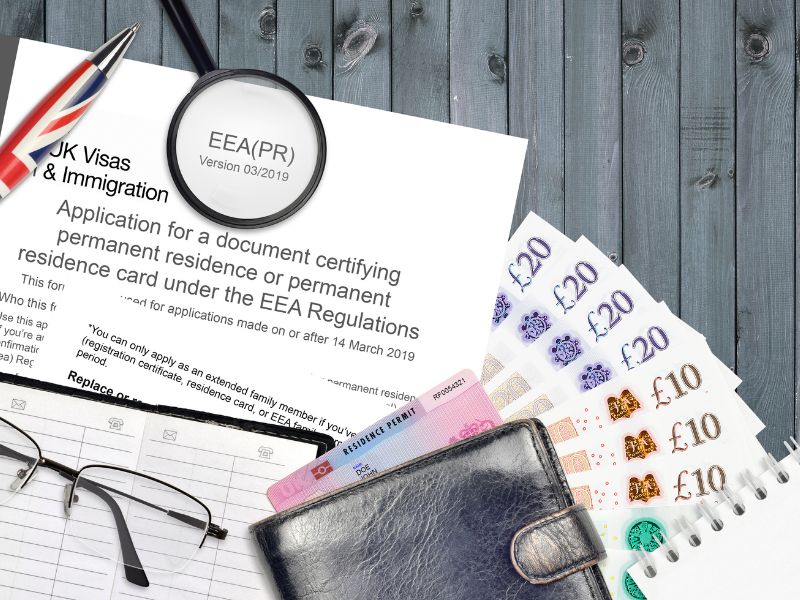What’s Ahead For Mortgage Rates This Week – December 26, 2023
 The final release of the GDP figures are the last large releases of the year before moving into Q1 of 2024, with the GDP report showing the economy had shown growth — particularly in Q3 with it tapering off by the end of the year. While the growth had been strong, it still was less than expected by analysts, however the final numbers do indicate we are on a track for a soft-landing and with the potential to all-together avoid a potential recession. The only other reports of note were the Personal Spending and PCE Index Prices.
The final release of the GDP figures are the last large releases of the year before moving into Q1 of 2024, with the GDP report showing the economy had shown growth — particularly in Q3 with it tapering off by the end of the year. While the growth had been strong, it still was less than expected by analysts, however the final numbers do indicate we are on a track for a soft-landing and with the potential to all-together avoid a potential recession. The only other reports of note were the Personal Spending and PCE Index Prices.
GDP 2023 (Final)
The U.S. economy expanded at a revised 4.9% annual pace in the third quarter, a surprising burst of growth that appears to have tapered off at year’s end.
Growth of gross domestic product, the official scorecard for the economy, was reduced from a previously reported 5.2% in the government’s third estimate. It was still the biggest increase in GDP in a decade, however, excluding the pandemic years of 2020-21.
Personal Income and Spending
In November, consumer spending experienced a slight increase of 0.2%, indicating a somewhat tempered growth in the U.S. economy. The trend of subdued spending was also observed in October. On a positive note, incomes saw a rise of 0.4% during the same period. This increase in income is noteworthy as it now outpaces inflation.
PCE Index
In November, the U.S. inflation rate, as measured by the Federal Reserve’s preferred PCE index, registered a decline for the first time since 2020, signaling a continued easing of price pressures. The year-over-year inflation growth also decelerated, dropping to 2.6% from the previous month’s 2.9%, marking the lowest level since February 2021.
Primary Mortgage Market Survey Index
- 15-Yr FRM rates saw a decrease by -0.43% with the current rate at 5.95%.
- 30-Yr FRM rates saw a decrease by -0.28% with the current rate at 6.67%
MND Rate Index
- 30-Yr FHA rates saw a -0.02% decrease for this week. Current rates at 6.12%
- 30-Yr VA rates saw a -0.02% decrease for this week. Current rates at 6.13%
Jobless Claims
Initial Claims have decreased to 206,000 in comparison to the expected claims of 218,000. The prior week number was 203,000.
What’s Ahead
With New Year’s on the horizon, the only notable release will be the regularly scheduled Jobless Claims release.

 Embarking on a home construction project is an exciting journey that can lead to your dream home becoming a reality. However, the financial aspects of building a home can be challenging to navigate. This is where construction-to-permanent loans come into play. These unique financing options offer a range of benefits that can make the construction process more manageable and affordable. We will discuss the advantages of construction-to-permanent loans and how they can benefit homeowners.
Embarking on a home construction project is an exciting journey that can lead to your dream home becoming a reality. However, the financial aspects of building a home can be challenging to navigate. This is where construction-to-permanent loans come into play. These unique financing options offer a range of benefits that can make the construction process more manageable and affordable. We will discuss the advantages of construction-to-permanent loans and how they can benefit homeowners. Becoming a homeowner in a foreign land is an exciting yet intricate journey. For non-U.S. citizens, securing a mortgage in the United States involves understanding and meeting specific requirements. We will explore the essential prerequisites and considerations for non-U.S. citizens aspiring to own a piece of the American dream.
Becoming a homeowner in a foreign land is an exciting yet intricate journey. For non-U.S. citizens, securing a mortgage in the United States involves understanding and meeting specific requirements. We will explore the essential prerequisites and considerations for non-U.S. citizens aspiring to own a piece of the American dream.